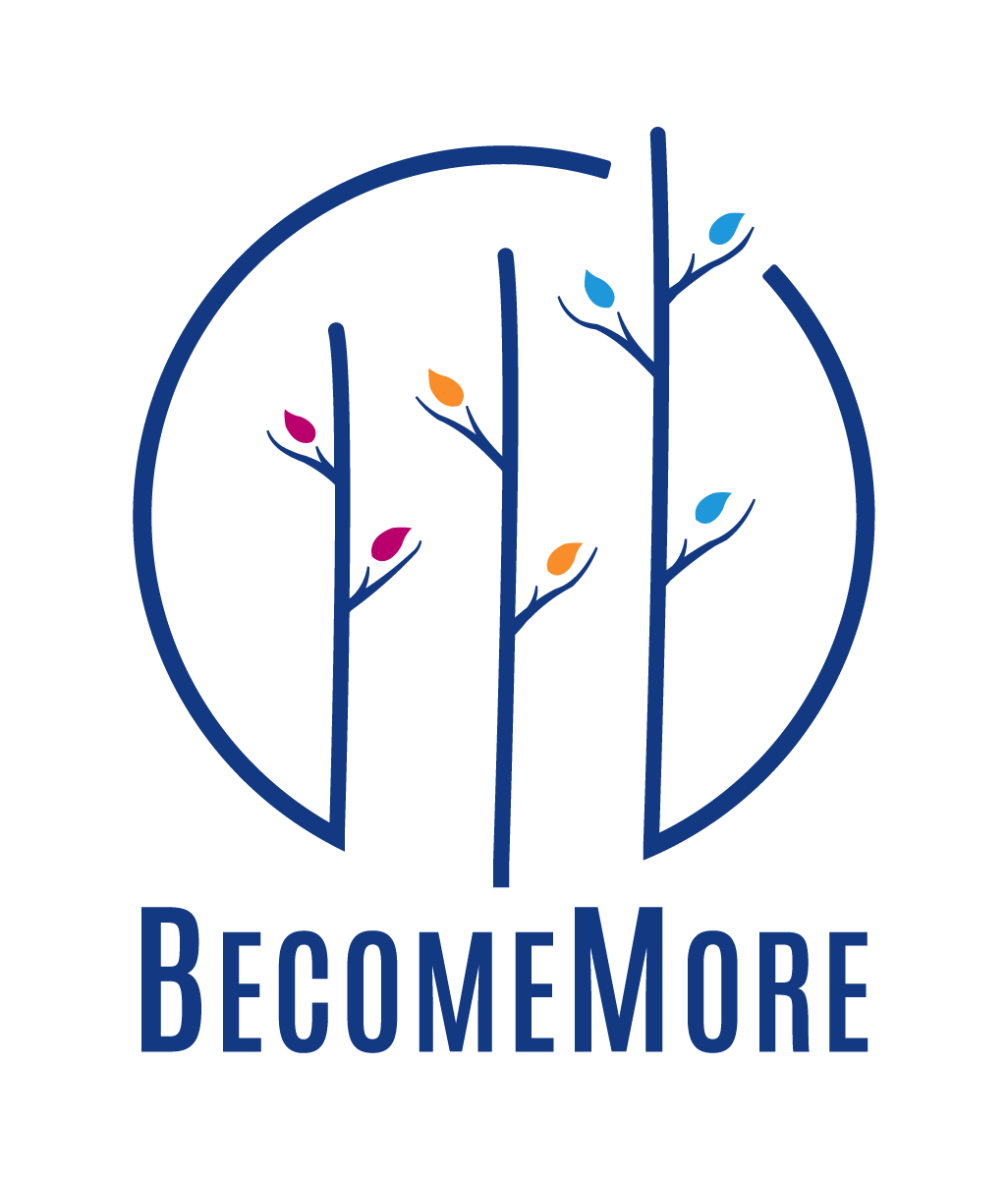
In recent years, a wave of self-help literature has swept through bookstores and social media, championing messages about setting boundaries, protecting your peace, and worrying less about what others think. Books like "The Courage to Be Disliked" and "The Subtle Art of Not Giving a F*ck" have become cultural touchstones. But as New York Times reporter Emma Goldberg pointed out in her thought-provoking column, there may be unintended consequences to this self-focused approach, particularly in workplace settings. Are these well-intentioned guides inadvertently turning us into workplace jerks?
The core message of these popular books represents a significant shift from previous generations' workplace wisdom. Where Dale Carnegie once encouraged us to "win friends and influence people" through accommodation and agreeableness, today's literature often suggests that appeasing others comes at too high a personal cost. There's undeniable value in this perspective—being a perpetual "yes person" or what might be called a "Get-Along Gary" serves neither the individual nor the organization well. When employees don't speak up, share diverse viewpoints, or express authentic concerns, everyone loses out on potentially valuable insights and innovations. The courage to disagree and set appropriate boundaries is indeed essential for both personal wellbeing and organizational health.
However, there's a crucial distinction between healthy boundary-setting and self-centered behavior that we must carefully navigate. Setting boundaries isn't about dismissing others' needs or perspectives; it's about creating sustainable relationships where all parties can thrive. The danger emerges when "taking care of yourself" transforms into "it's all about me"—a subtle but significant shift that can damage workplace dynamics and personal relationships alike. Self-care becomes problematic when it's used as justification for shirking responsibilities, refusing reasonable collaboration, or disregarding the impact of our actions on colleagues. In essence, there's a profound difference between not appeasing others and being inconsiderate or disrespectful.
Perhaps the most overlooked aspect of this conversation is the fundamental interdependence that characterizes both professional and personal success. No matter how talented or self-sufficient we might consider ourselves, we ultimately succeed because we're part of larger systems and communities. Every individual eventually faces circumstances where they need support—whether it's assistance with a challenging project, flexibility during a family emergency, or simply the goodwill and knowledge of colleagues. If we've consistently prioritized our needs above all else, we may find ourselves isolated precisely when we most need connection and support. The tribal nature of human success means that giving and receiving must exist in balance; excessive focus on self-protection and personal boundaries ultimately undermines the collaborative relationships that make significant achievements possible.
The healthiest approach lies in recognizing both our individual worth and our interdependence. Your perspective does have unique value, and you shouldn't silence yourself for the sake of superficial harmony. However, that doesn't mean your needs automatically supersede those of your team or organization. True workplace maturity involves finding that delicate balance—advocating for yourself while remaining attuned to the collective good, setting boundaries while maintaining respectful relationships, and taking care of your wellbeing while recognizing that none of us wins entirely on our own. As we navigate the valuable insights offered by contemporary self-help literature, we would do well to remember that sustainable success requires both healthy self-regard and genuine care for our communities.

